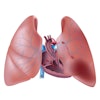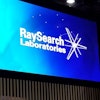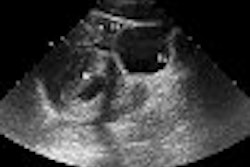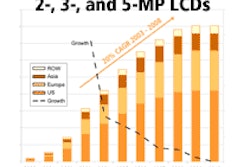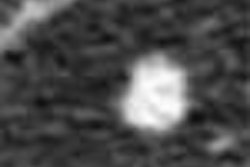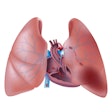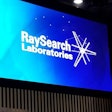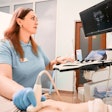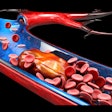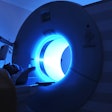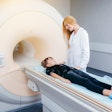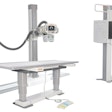Nuclear medicine in India is set to get a boost with a high-energy cyclotron being commissioned at the Variable Energy Cyclotron Centre in Kolkata, West Bengal. The cyclotron will have a beam energy of 30 million electron volts (MeV), and will produce isotopes that were previously unavailable to hospitals or that had to be imported, according to Dr Anil Kakodkar, chairman of the Atomic Energy Commission.
Until now, the only medical cyclotron in India was at the Radiation Medical Centre located at Tata Memorial Hospital (TMH) in Mumbai, Maharashtra. The system is a 16.5 MeV cyclotron, from which private hospitals such as Jaslok Hospital and Hinduja Hospital in Mumbai were sourcing isotopes.
TMH is also the only hospital in India to have a PET system. Other hospitals with nuclear medicine laboratories have coincidence gamma cameras.
More coming up
Nuclear medicine in India, however, is set to change as radioisotopes become more available.
Apart from the Kolkata cyclotron, which will supply isotopes to facilities even outside of West Bengal, three other cyclotrons will be installed in Delhi at the All India Institute of Medical Sciences (AIIMS), the Institute of Nuclear Medicine and Allied Sciences (INMAS), and the Army Hospital.
The cyclotron at INMAS will be 16.5 MeV and the other two will be 11 MeV, according to Dr P.S. Soni, head of the medical cyclotron facility with the Board of Radiation and Isotope Technology (BRIT).
A cyclotron involves an investment of Rs 8 crore, which includes related costs such as building and shielding. The medical cyclotron at the Radiation Medical Centre was set up in 2002 under the Bhabha Atomic Research Centre (BARC) in Mumbai.
Nuclear medicine laboratories offering high-dose cancer therapy need to be licenced by the Atomic Energy Regulatory Board to use radioisotopes on people for therapy.
The regulatory aspects of nuclear medicine in India are controlled by the Department of Atomic Energy, and BRIT is the unit responsible for commercially utilizing applications of radioisotopes in healthcare and industry.
Technologist shortage
The availability of radioisotopes is only one of the issues facing nuclear medicine in India today. The shortage of technologists is another. Staffing technologists for nuclear medicine facilities is expensive, and qualified technologists are extremely hard to come by, according to Dr R. Parameswaran, head of nuclear medicine at Manipal Hospital in Bangalore.
Technologists need to be accredited by the BARC, and until recently only eight to 10 technologists were added to the hiring pool annually, he said.
Apart from BARC, a diploma in medical radioisotope technology is now available at Christian Medical College in Vellore and Kasturba Medical College in Manipal.
Nuclear medicine laboratories are also required to have a radiation safety officer, in addition to the nuclear medicine physician and technologist. This requirement applies to both high- and low-dose therapy centres.
By N. Shivapriya
AuntMinnieIndia.com staff writer
December 16, 2004
Copyright © 2004 AuntMinnie.com

